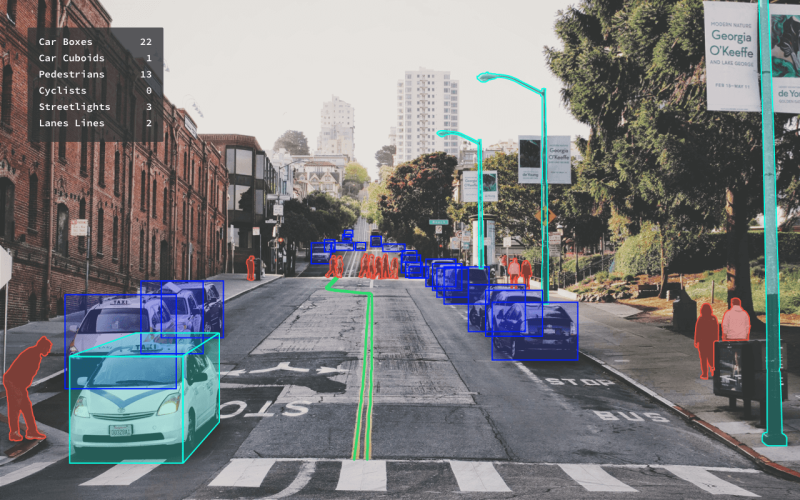While the tech community is busy trying to automate everything it can through AI-powered bots and machines, Playment relies on human intelligence to provide training data for computer vision and machine learning. The Bangalore, India-based startup announced today that it has raised $1.6 million from investors that include Y Combinator, Sparkland Capital, SAIF Partners, and angel investors Ryan Petersen and Max Altman.
Founded in 2015 by ex-Flipkart employees, Playment relies on a community of 250,000 remote contributors (based in India) who annotate images, tag objects, analyze text, and more. That information can then be used to train machine learning systems, which require massive amounts of labeled data in order to produce intelligent results.
“While AI is the next frontier in technology, it is still far from being enterprise-ready,” Playment cofounder and CEO Siddharth Mall said in an exclusive interview with VentureBeat. “For example, when you drive, there are so many decisions you need to make amongst so many uncertainties — weather, lighting, types of vehicles, one-way streets, and more. You need a real human workforce to generate vast amounts of training data at an exponential scale.”

Above: An example of tagging and annotating an image on Playment.
Hiring full-time employees can be costly, which is why some companies choose to rely on Playment’s crowdsourced assistance. “This is much more cost-effective,” said Playment cofounder Ajinkya Malasane. “Traditional business process outsourcing fails to solve for scalability due to fixed teams, and legacy crowdsourcing platforms such as [Amazon’s Mechanical Turk] don’t assure quality,” he added.
June 5th: The AI Audit in NYC
Join us next week in NYC to engage with top executive leaders, delving into strategies for auditing AI models to ensure fairness, optimal performance, and ethical compliance across diverse organizations. Secure your attendance for this exclusive invite-only event.
Playment faces plenty of competition from the likes of Mighty AI, CrowdFlower, and Scale.
But the startup has an impressive list of 30 or so customers, which include Flipkart, Paytm, and the Alibaba Group. Customers either pay on a per project basis or sign up for an annual contract.
According to Mall, about 70 percent of his customers are in the autonomous driving space. Whether it’s tagging and labelling pedestrians and cyclists or annotating an ambulance’s activity, some data needs human input.
To begin the process, enterprises submit data they have collected to Playment, which then relies on its community of workers to tag, label, and annotate it via their smartphones. Community members receive training through tutorials and have to pass the project-specific qualifier to be able to participate. In order to assure quality, tasks are re-routed through multiple people and have built-in maker-checker modules.
“These are complex tasks, so we provide dedicated project managers to set up their customized workflows and manage the entire delivery,” Mall said.
The chief executive claims that Playment’s workers have already created more than 50 million tags for customer data, which translates to roughly 10 million units of data (images and text) combined. The startup’s business can output up to 1 million tags per day, he said.
To date, Playment has raised a total of $2.2 million, and it plans on using the new money to grow its product, engineering, and data science teams; build an internal AI research lab; and open an office in the Bay Area. Playment currently has 30 employees.

